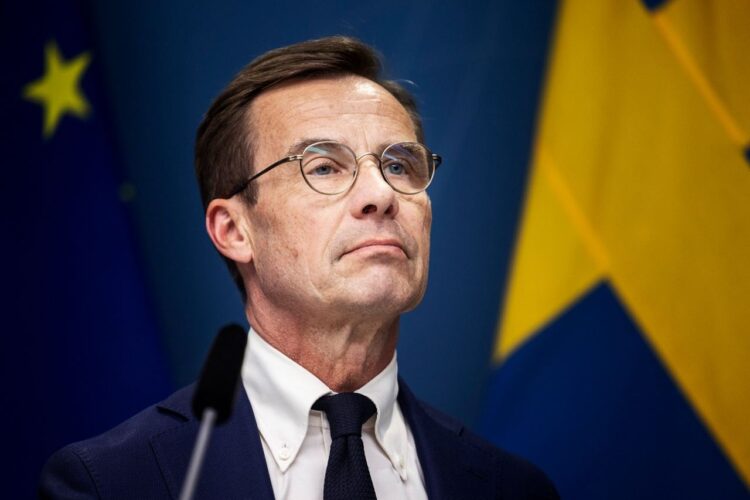Swedish Prime Minister Ulf Kristersson stirred controversy on Monday by suggesting the possibility of allowing nuclear weapons on Swedish soil during wartime, amid discussions of a Defence Co-operation Agreement (DCA) with the United States.
In a significant departure from Sweden’s traditional stance on military neutrality, Kristersson indicated openness to granting the US access to military bases in Sweden and permitting the storage of military equipment and weapons within the country. The proposed DCA, scheduled for a parliamentary vote in July, has triggered debate and calls from critics, including the Swedish Peace and Arbitration Association, to explicitly ban nuclear weapons on Swedish territory.
Sweden’s recent accession to NATO in March, after centuries of military non-alignment, has intensified scrutiny over its military policies. While the government has underscored a prevailing consensus against nuclear weapons in peacetime, Kristersson emphasized that wartime scenarios necessitate different considerations.
“In a war situation, it’s a completely different matter,” Kristersson remarked in an interview with public broadcaster Swedish Radio. He clarified that any decision regarding the presence of nuclear weapons in Sweden would ultimately be made by Sweden itself, not dictated by the US.
Despite assurances of Swedish sovereignty, concerns persist regarding the implications of closer military cooperation with NATO. Kristersson reiterated the fundamental purpose of Sweden’s NATO membership and defense strategy: to prevent situations necessitating the deployment of nuclear weapons.
Sweden’s Social Democratic Party, which initiated the NATO membership process in May 2022, previously pledged to oppose the deployment of nuclear weapons and permanent foreign military bases on Swedish soil. However, neighboring Nordic countries Denmark and Norway, both NATO members, have maintained strict policies against allowing foreign military installations or nuclear weapons in peacetime, serving as notable points of reference amid Sweden’s evolving defense landscape.

















Comments